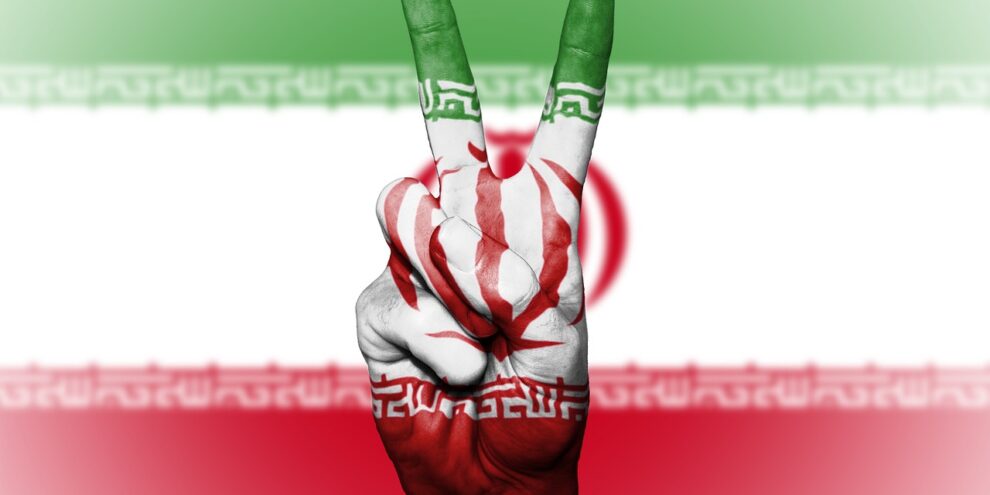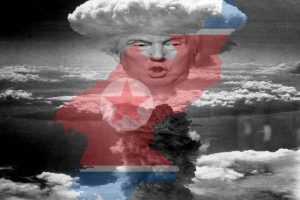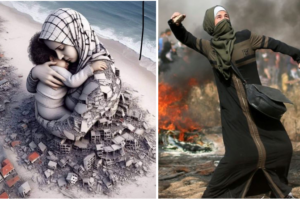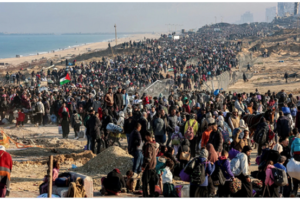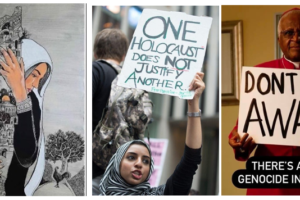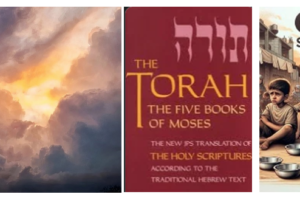The election in Iran will be important to the Middle East and the world. Clear-thinking, socially aware people should be happy about the result, which is encouraging for a number of reasons. Here is the basis: The spirit of the Islamic revolution may have shown itself. It has been underestimated.
Here I will present ten theses in support of the Islamic Republic:
1.) Iran stands for independence. Today most countries follow the dictates of the USA. However, these dictates are subliminal. They are not open and direct, and often people are not even aware of them. They are the result of what a previous philosopher once said, that “the ruling ideas are the ruler’s ideas”. The USA. is the ruling power in the world. Its ideas – expressed in economic and political systems, form of government and societal life – are the ruling ideas. We are subject to their dominance and we adopt their mindset. Alternatives are far less potent. Iran represents one of them
2.) Iran is confronting the USA! Iran lies in a central region, with significant oil resources. It is vitally important for the USA to have control over this area. All the other countries in the region are USA-dominated. They allow themselves to be steered by American interests. And they survive on American goodwill. Iran is a “thorn in the side” of the USA, with a firm, independent policy, without respect for the USA. Iran is at the head of the list of countries that the USA wishes to change.
3.) Iran is a source of inspiration. In other troubled parts of the world many look to Iran, and acquire the willpower to find a way of their own, with other values and goals than those that accompany American dominance. Hezbollah in Lebanon is an example of this. The same applies to Palestinian groups.
4.) Iran suports the Palestinians. Today Iran is the only country that gives basic support to the Palestinians. They take a firm stand on their irrevocable rights: Palestine is the land of the Palestinians. Palestinian refugees shall return, and regain their land and property. The settlers and colonialists who drove them away did so unlawfully. They must abjure chauvinism and sectarianism, and accept the fact that they are a minority in the country.
5.) Iran is against the State of Israel. It is a settler state, created as a grave injustice against the Palestinians. It has been planted in the heart of the Arab – and Muslim – world, and is firmly interlocked with American policy. Indeed, sometimes it is hard to see whether Israel is looking after American interests in the region, or whether the USA is looking after Israeli ones. They are both closely linked. Often you will find the same leading persons on the sidelines pulling the strings of policy for both countries.
6.) Iran is not easy to handle. If the USA thinks they have Iran in their grip, the country turns to Europe. And if Europe threatens to boycott the country, Iran opens itself to Russia and Asia. Iran is an interesting partner with great oil resources. There are many who would like to have good relations with Iran.
7.) Iran resists blackmail. The country is to be denied nuclear power. But it is entitled to acquire this. It is feared that Iran will go further and develop nuclear weapons. Iran has probably considered this, with nuclear powers on all sides: besides Israel also Russia, Pakistan and India. The USA. has warships in the Gulf equipped with nuclear weapons, as well as aircraft bordering Iran’s airspace equipped in the same way.
8.) Iran is experimenting with an alternative ideology. Could it be sustainable? It is based on the country’s religious, cultural and social traditions. The people have given their support to this ideology, through revolution and subsequent elections, which led to the country’s constitution, in order to preserve government of the country. Constitutions are beautifully worded. This one refers to the martyrs. It wishes to promote human growth, and is intended to create equality and justice. That may not be original. However, it is based on the assumption that there is a God. And it rejects that which is profane and secular.
9.) Iran reflects upon democracy. In line with what has just been said. Democracy, or government by the people, can be expressed in many ways. Norms and rules are a part of this, and they set the limitations on freedom. Sometimes we hardly notice them – they are internalized. For example, take the “bastion of democracy”, the USA: Can anyone run for president in that country? End up in the White House? No, first you have to be a millionaire! And then you have to have shown how wonderful you are to the American elite; you have to be one of them. That is the way candidates are filtered and selected – society reproduces itself. That is, if you are not an Arnold Schwarzenegger, appealing to the darker side of society. But all of them promise progress and prosperity, and they react to our spontaneous desires. Perhaps we need a value assessment commission or a council of guardians, with power and influence, and popular trust, to give advice to the populace?
10.) Iran discusses freedom. The USA is the world’s leading power, producing the currently governing ideas. Could it be in this context that freedom and responsible action are being identified with individualism, focusing on doing things for oneself? Collective solidarity and joint action, aimed at higher goals, are losing ground to individual liberalism. Is this perhaps what American “freedom” is all about? Yes, “freedom, democracy and unfettered trade and industry” are the foundation of American ideology. That is the “product” the USA wishes to export. Can we, like Iran, analyze and criticize it?
In Iran elections have taken place. With considerable support for Ahmedinejad. He was the candidate for the “poor people”, and is continuing development of the revolutionary ideals. He regards himself as the country’s “little servant” and its “street cleaner”. He wants to make Iran a strong, leading, modern and exemplary society. We should wish him good luck.








